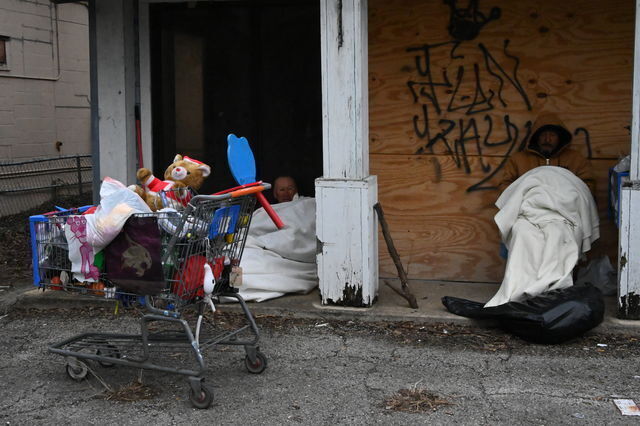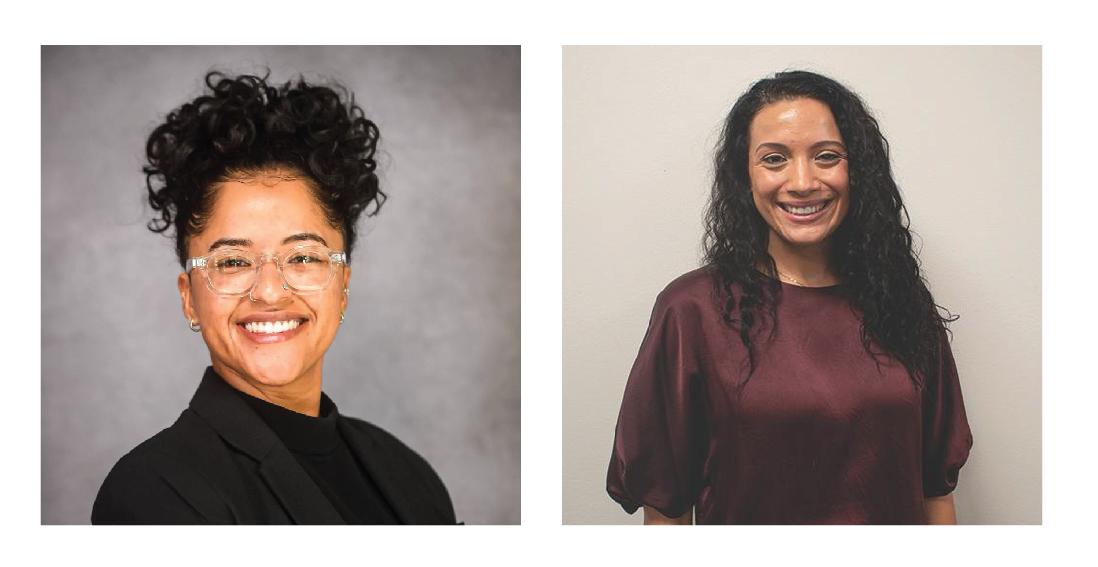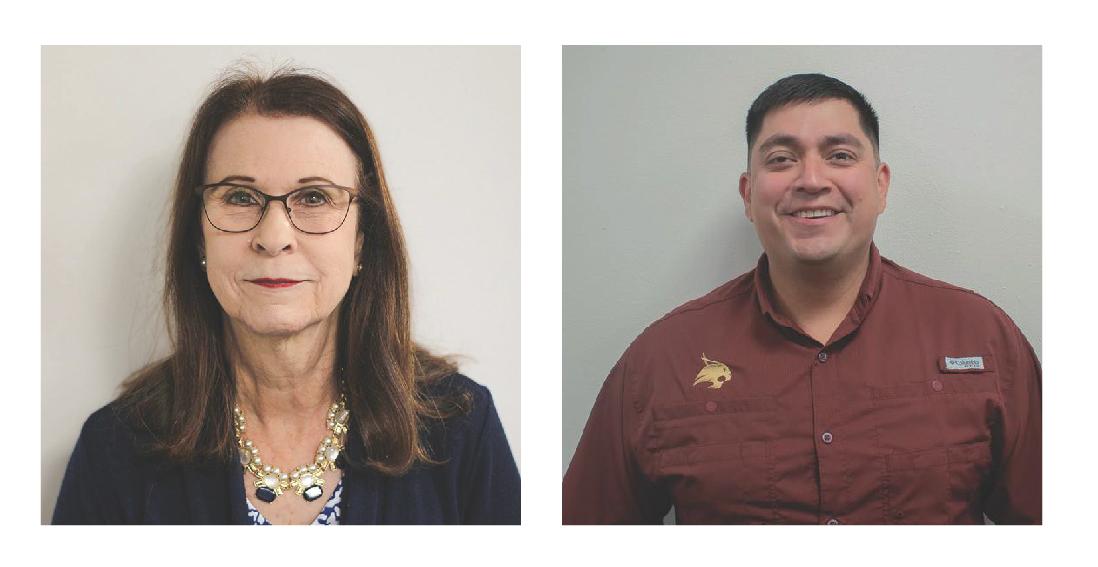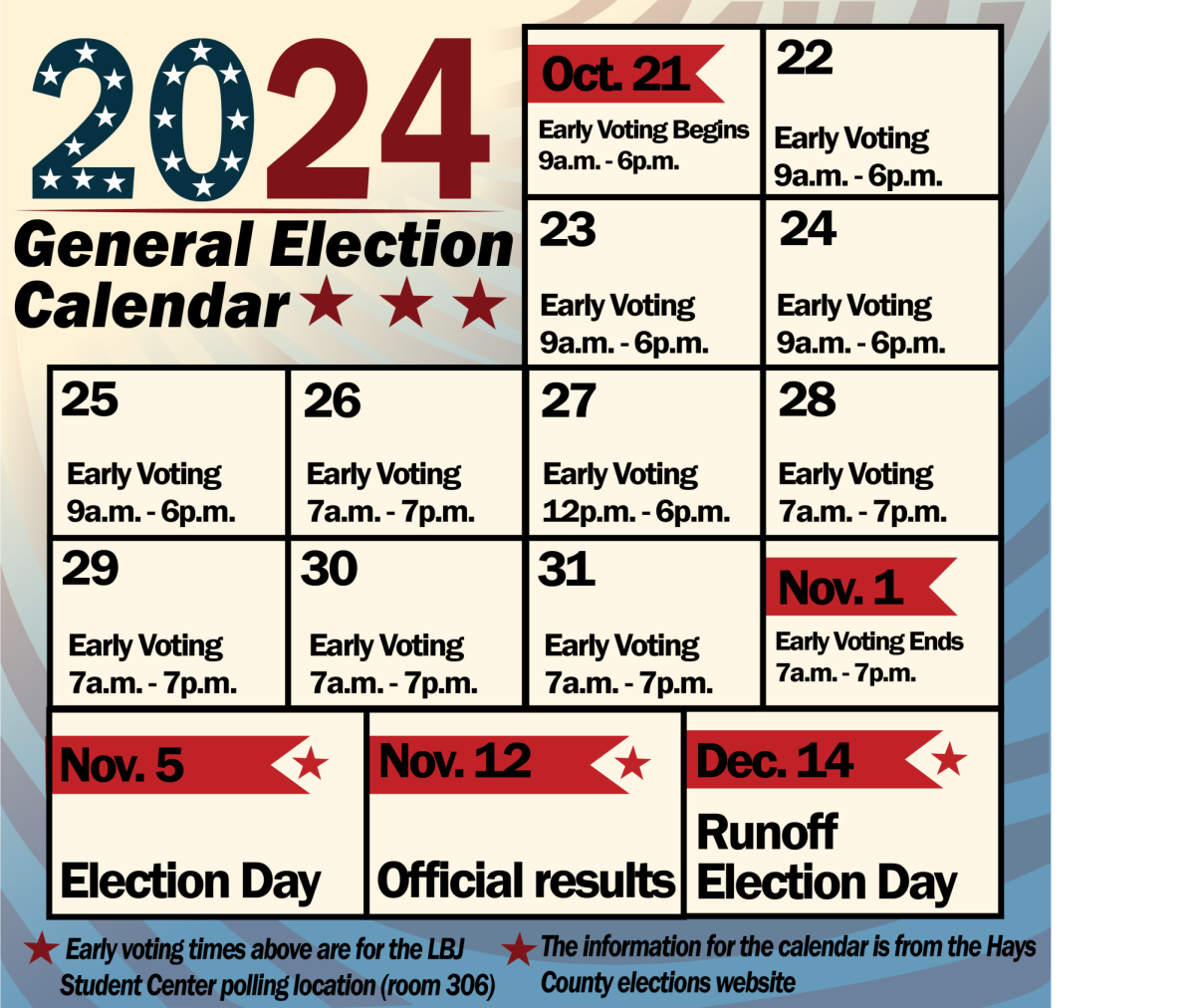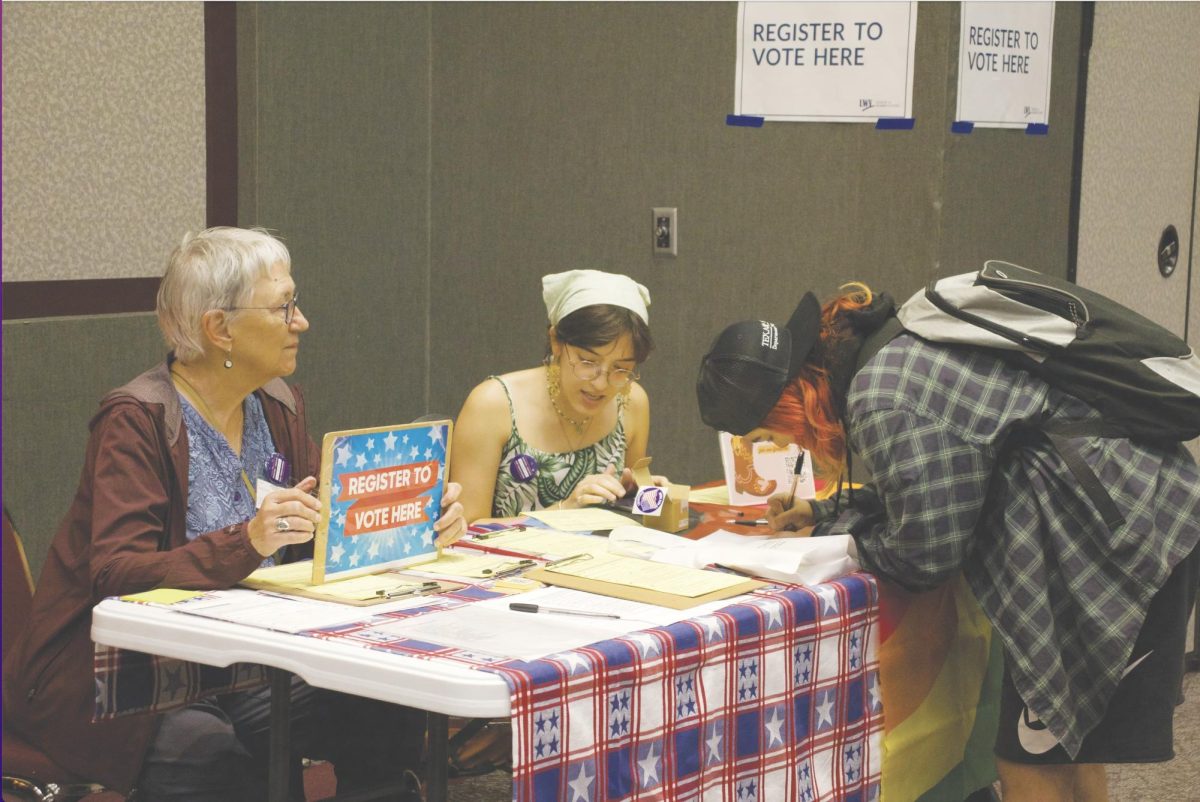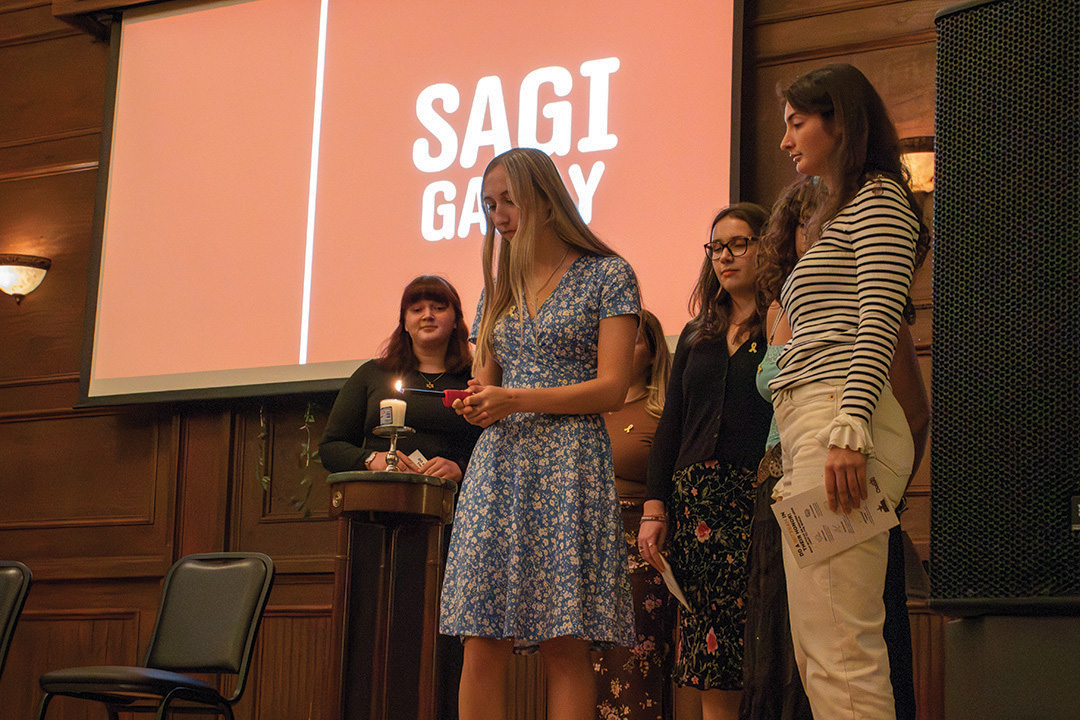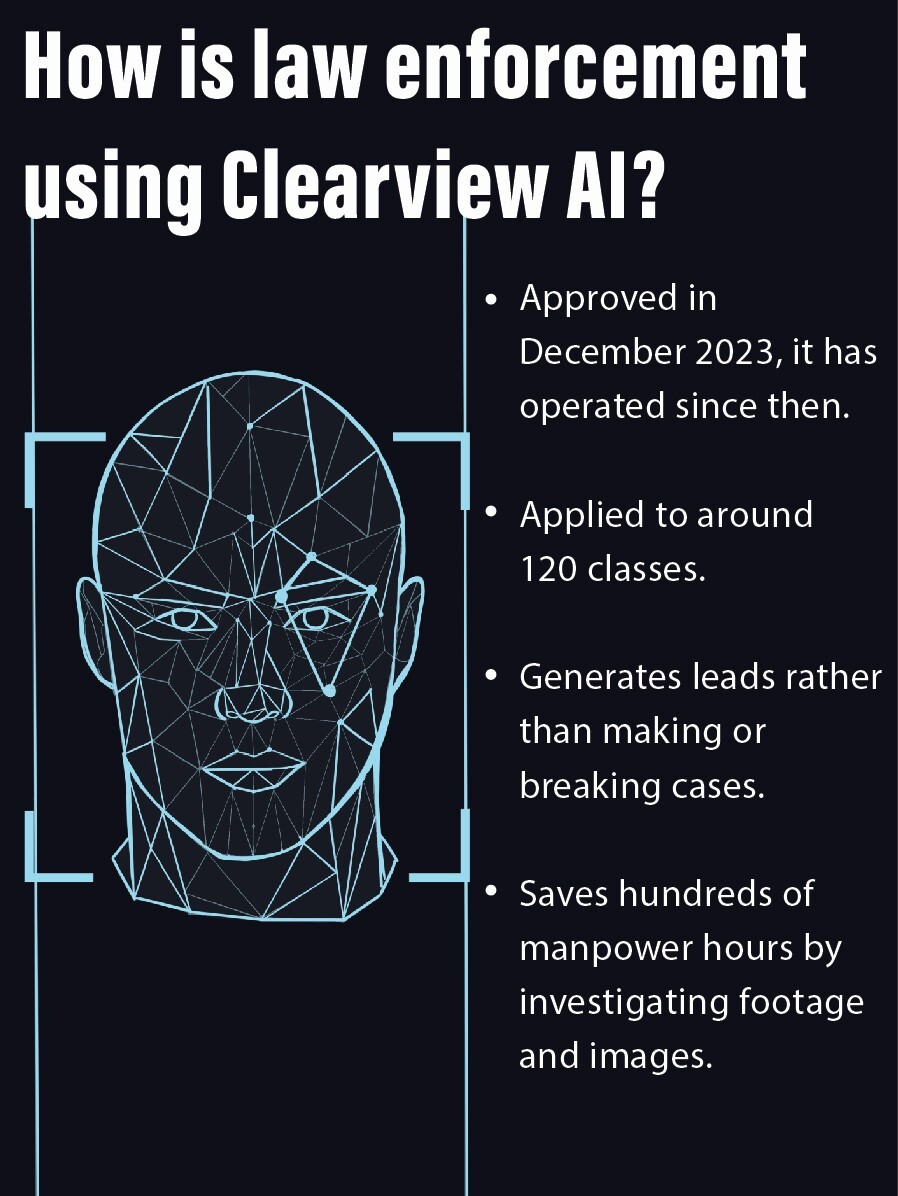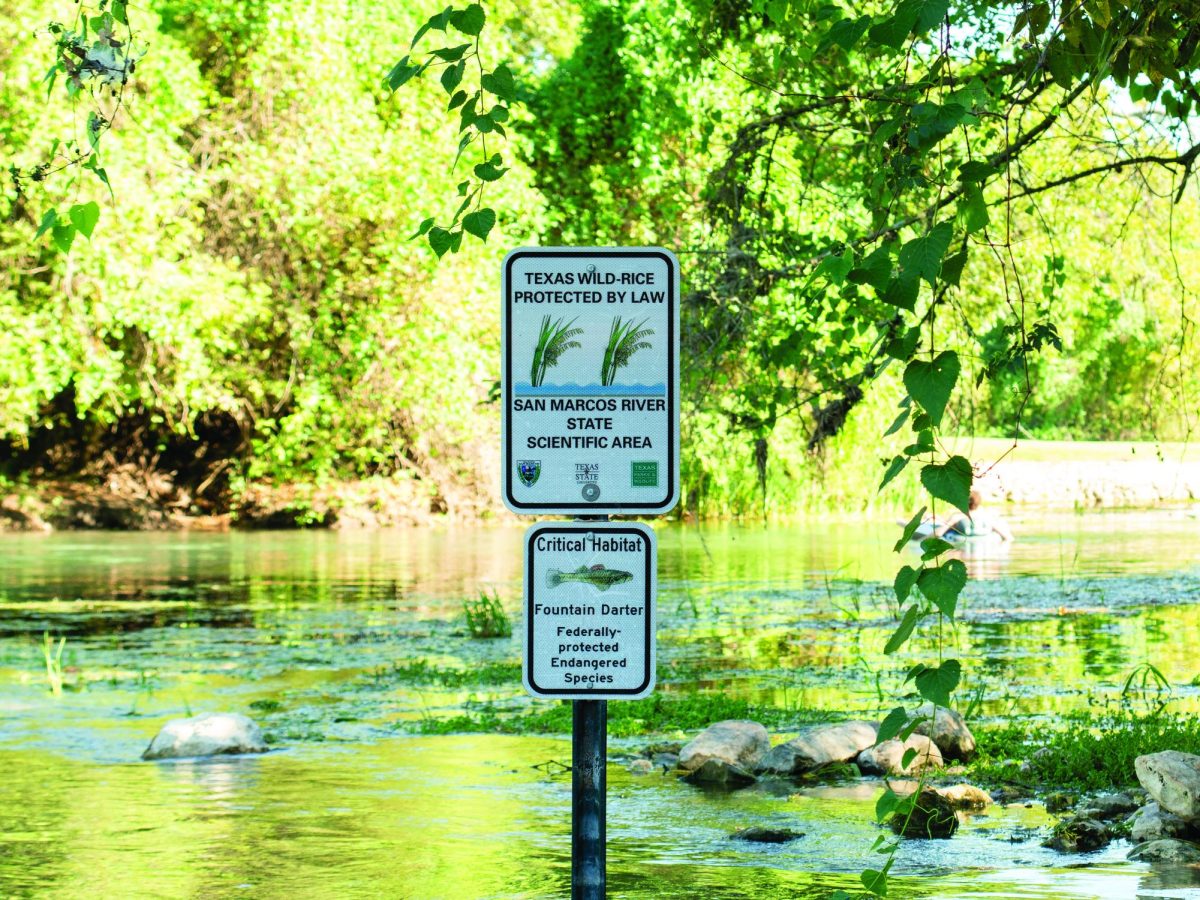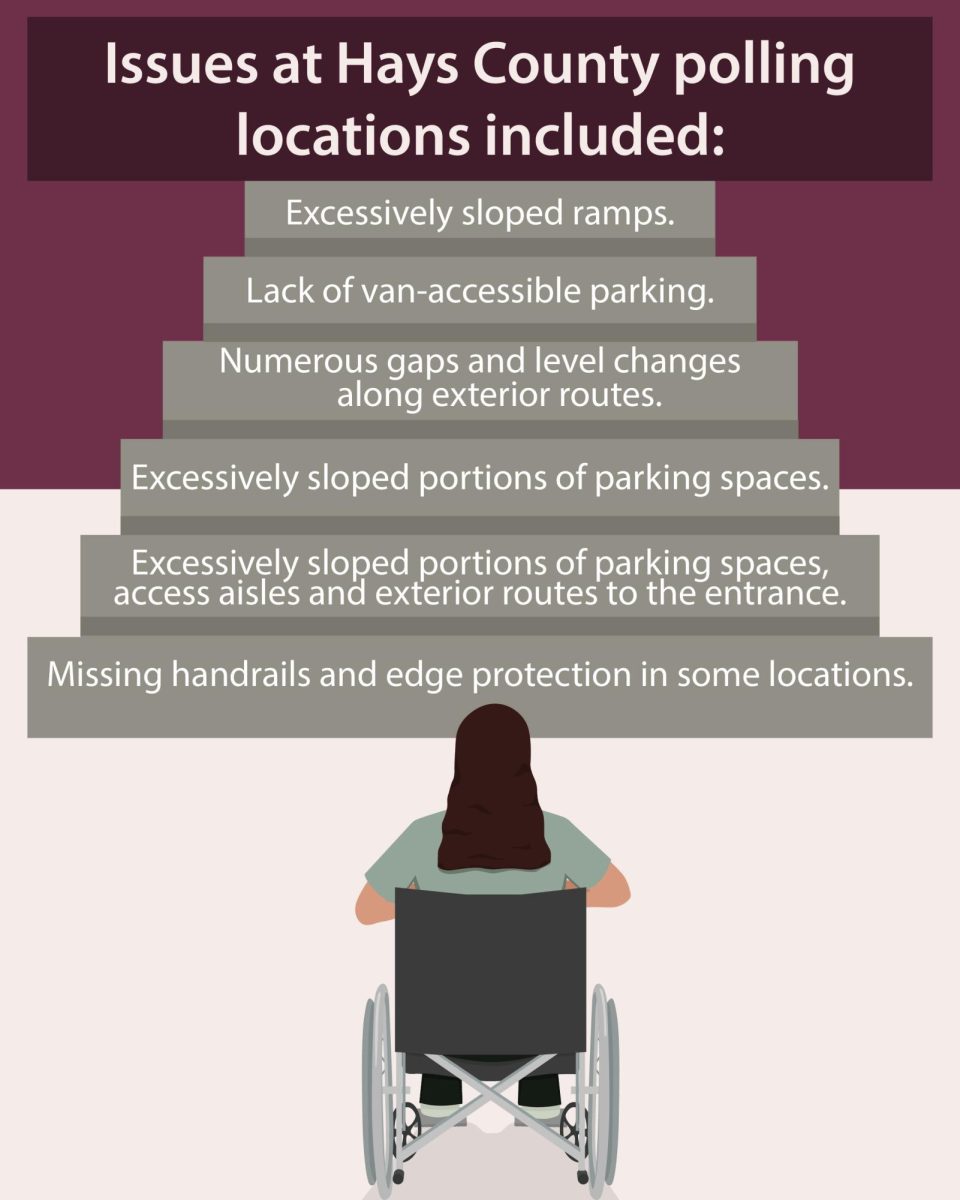Following expectations of a statewide ban on homeless encampments in Texas public areas, San Marcos city officials created the San Marcos Homelessness Committee in May 2021.
The San Marcos Homelessness Committee aims to look into the various sides of homelessness and housing vulnerability and seeks to address these issues in an understanding and inclusive way. With these ideas fresh on the minds of its members, the committee will soon decide how to approach House Bill 1925.
HB 1925, which was signed by Gov. Greg Abbott on June 15, prohibits camping in public areas, such as under highways or in parks. The law will take effect on Sept. 1, making public homeless encampments Class C violations that can incur fines of up to $500.
The Texas Senate referenced the stress homeless encampments place on economic development and local law enforcement in its statement of intent and claimed public camping deters people from utilizing available resources. Some senators, such as District 24 Republican State Senator Dawn Buckingham, say the bill is a step toward ending homelessness.
However, with few local shelters and no designated areas for homeless encampments, City Council member Maxfield Baker believes criminalizing public camping is an ineffective solution to combating homelessness. As a member of the Homelessness Committee, Baker is against the new legislation and would rather see a focus on funding better resources and infrastructure to aid those experiencing homelessness.
“It’s really frustrating to see them try to create another criminal, legal consequence to someone’s mental health or poverty,” Baker says. “I mean, it’s classism. It’s a war on people who just have less than you.”
Baker is hopeful that he, alongside fellow committee and councilmembers Alyssa Garza and Melissa Derrick, can lobby for a significant portion of the recent COVID-19 relief package to be used toward shelters and other community resources.
Staff Liaison for the Homelessness Committee Shanna O’Brien says establishing relief for people experiencing homelessness and those struggling to pay housing costs are high priorities, especially as resources for those facing housing vulnerabilities are currently stretched thin.
“We’ve put together a pretty comprehensive outline, you know, looking out for not just our homeless folks, but those in vulnerable housing,” O’Brien says. “[We’re] looking at demographics, reasons, what resources are out there [and] the gaps in resources.”
Some citizens, such as San Marcos resident Harrison Winn, also worry about the upcoming legislation. While Winn believes this legislation is done in good spirit, he believes it will not do much to remedy the inherent causes of homelessness.
“Legislation like that has no business being passed if there’s not a system in place to be utilized,” Winn says. “I mean if you’re saying, ‘Hey, you can’t go here; you’ll have to go over there,’ but the ‘over there’ isn’t even set up yet, then that, that’s kind of ridiculous if you ask me.”
San Marcos Police Chief and member of the Homelessness Committee Stan Standridge believes homelessness cannot be solved simply by stricter enforcement. Instead, he urges people to see homelessness as a systemic issue.
“Let’s say, theoretically, we go and we contact this 100 plus people and say, ‘You can no longer live out here.’ Question: where are they gonna go? Do you have affordable housing? Do you have grant dollars? Do you have federal dollars that can pay for my housing? The answer is no, no, no. So, we can have a law that prohibits it. The problem is, we don’t have the remedy to the issue that’s caused by the law,” Standridge says.
Before HB 1925 can combat homelessness, he believes San Marcos needs better community investment to provide the social services necessary to help people enter stable housing situations. Creating a system of case managers, according to Standridge, will maintain an organized system of outreach within the homeless population, helping the issue and limiting confusion. This idea was echoed by O’Brien, who has experienced confusion and wasted time due to a lack of organization and communication.
“My staff and I, we deal with people on a daily basis. The police might deal with folks, Salvation Army might deal with folks, [but] we’re all talking to the same person,” O’Brien says. “We’re all going in different directions, and, you know, when someone’s ready to get help, we need to make sure we get them into assistance quickly.”
Standridge is confident that if local governments continue to prioritize funding and organize necessary services, instead of focusing on cutbacks and enforcements, cities like San Marcos could see significant improvement.
“This is a priority for the mayor and the City Council,” Standridge says. “The reality is, there are a ton of communities out there who have successfully mitigated homelessness. Why shouldn’t we be? We know what we need to do, and we’re actually doing it. It’s just not an overnight fix.”
Before the law takes effect in September, the committee, alongside the San Marcos Police Department and City Council, will agree on how to address the new regulations. The San Marcos Homelessness Committee meets on the second Thursday of every month.
Categories:
San Marcos Homelessness Committee to discuss public camping ban
Madelyn Weirich, News Contributor
July 8, 2021
Gilbert Álvarez and Tony Patlan pose for a photo, Wednesday, Jan. 20, 2021, by East Grove Street and South LBJ Drive. Patlan says a new homeless shelter in the city would be great, as he and others could use the help.
0
Donate to The University Star
Your donation will support the student journalists of Texas State University. Your contribution will allow us to purchase equipment and cover our annual website hosting costs.
More to Discover


